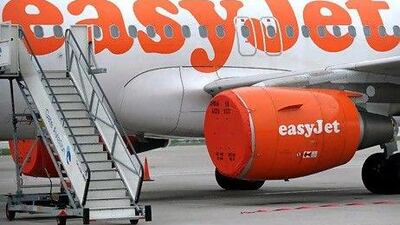Launching a business is not easy. Fewer than 5 per cent of enterprises in established markets survive their first year. Here, Markus Reitzig, an assistant professor of strategic management and entrepreneurship at the London Business School, shares tips for success.
What challenges could entrepreneurs face setting up businesses in industries with which they are not familiar?
Any type of challenge you can imagine. Remember Stelios Ioannou, the founder of EasyJet? He once wanted to create Easy Cinema, a cheap cinema [stripped] of all frills. He entered the game as a complete outsider to the industry. And naturally, he ran into all sorts of issues. However, the one challenge that even he, a great entrepreneur, did not anticipate was the reluctance of the big movie studios to provide him with films. If you do not know your industry, you do not even have a clue where the problems may be arising, no matter how successful you were before.
How do entrepreneurs succeed starting out in an industry with a lot of existing competition?
The best way clearly is by providing an innovative solution, possibly an entirely new business model. We know from studies in the field that your chances to enter an established market as a newcomer and survive the first year of business are extremely low, in fact smaller than 5 per cent. However, the opposite is true for firms that come up with novel solutions that shake up the establishment. [Introducing] new technology into your offering that is difficult … for your competitors [to replicate] is an excellent way of making … inroads.
Are there any other ways to stand out?
Come up with an entirely new business model that serves potentially neglected customers with a custom-tailored offering, which you deliver in a way that suits them. This new business model may often be difficult to replicate for established players because it would require an entire restructuring of their activities. As an example, think of the way Southwest Airlines entered the US airlines market. Cater to less-affluent buyers, give them cheaper tickets, and operate a point-to-point system.
How do business owners go about finding the right staff?
What we do know, as it is a well-established fact, is that you need to give people the right incentives and provide them with the right information for them to add value to your organisation. Now, these rewards do not necessarily have to [all be money-related]. As an extreme example, think of not-for-profit organisations that attract "free" labour as individuals identify with the firm.
So building a good reputation is the answer. How do businesses go about doing that?
As any organisation, you have to ask yourself who you are and who you would like to work with. Then ask yourself what it is that motivates these people besides money, see whether you can give it to them by becoming a member of your firm, and then communicate it effectively.


